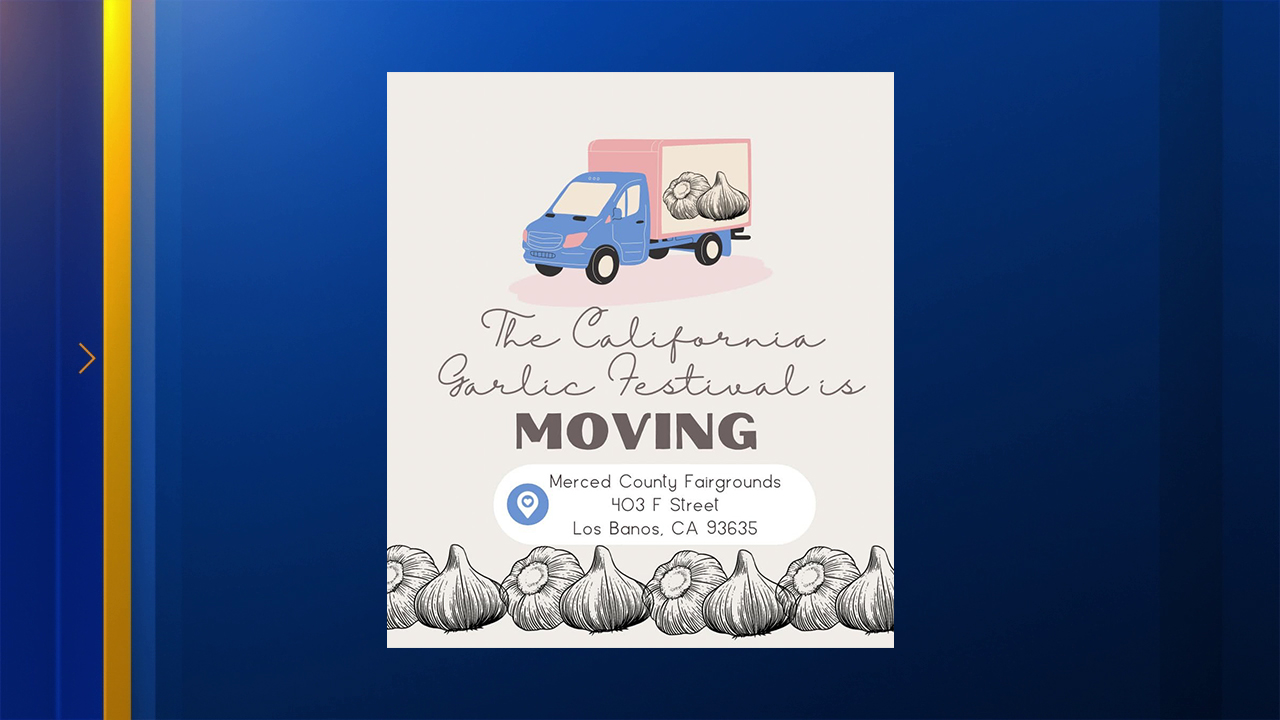Mysterious sleep disorders

FRESNO, Calif. (KFSN) -- At least 40 million Americans suffer from chronic sleep disorders each year. Another 20 million experience occasional sleeping problems. Some disorders can disrupt your sleep and your life.
As hair icons for companies like L'Oreal and Paul Mitchell, John and Suzanne Chadwick have traveled the world together.
"It's been quite a journey," Suzanne told ABC30.
However, their biggest adventures happened at night, while John slept. For years, he acted out his dreams by punching, kicking, and even biting.
"One night, he bit me, and that, the bite mark lasted for two days," Suzanne explained.
It got so bad that he would tie himself to the bed with this contraption.
"You think, 'what in the hell's going to happen to me?'", John told ABC30. "What have I got?"
John had REM sleep behavior disorder, or RBD. It causes violent episodes and puts patients at risk for other problems. Within 10 years, up to 80 percent may develop Parkinson's and dementia.
"It's kind of a window into an evolving neurodegenerative disease," Alon Avidan, MD, MPH, Professor of Neurology, UCLA Sleep Disorders Center Director, told ABC30.
Another condition is sleep eating. It affects up to 1 million adults. People with the disorder prepare and consume meals while they are sleeping.
"We've heard of patients preparing a cat food sandwich or eating directly out of a jar of mayonnaise," Dr. Avidan explained.
For RBD and sleep eating, the drug clonazepam and melatonin can help.
John's meds have helped. He went from five extreme episodes a week to one mild event a month. Now, nothing holds him back day or night.
Some antidepressants can trigger RBD. Caffeine and alcohol consumption can also worsen the condition.
Dr. Avidan said even just one violent episode of RBD is cause for concern.
Another condition, restless legs syndrome, affects up to 10 percent of people.
(Source: http://www.ninds.nih.gov/disorders/brain_basics/understanding_sleep.htm)
For more information, contact:
Mark Wheeler
Senior Media Relations Rep
UCLA Health Sciences Media Relations
(310) 794-2265
MWheeler@mednet.ucla.edu









